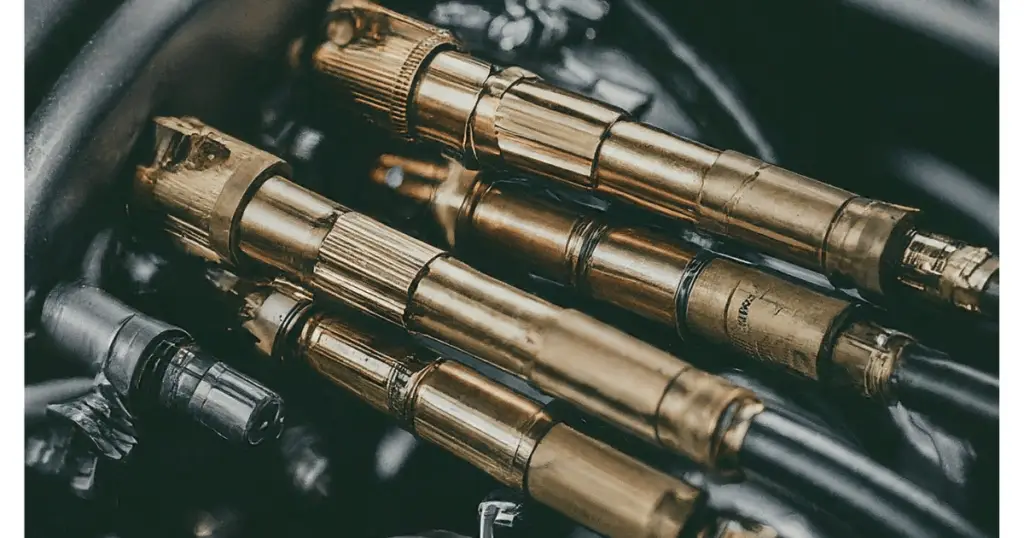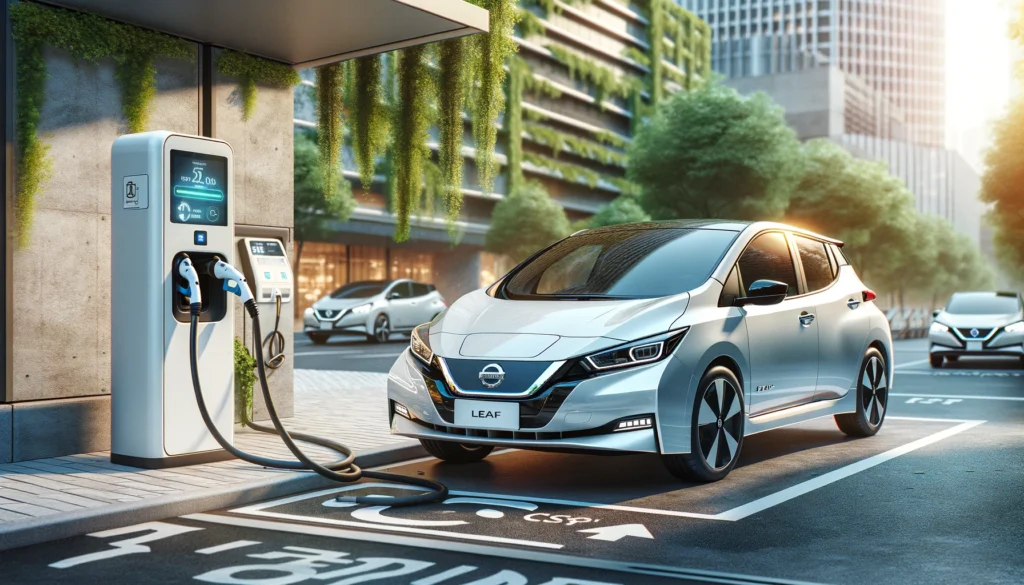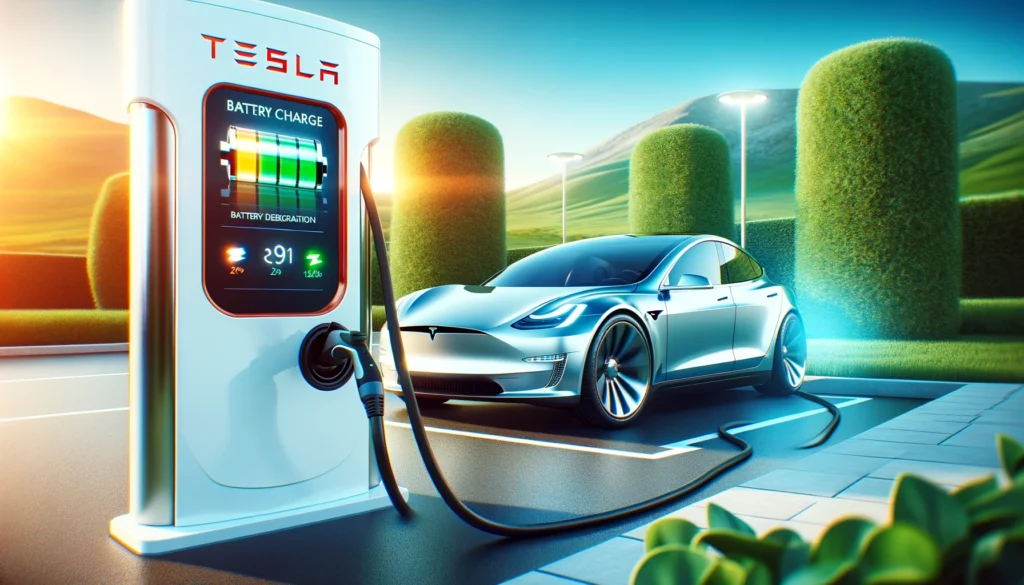
If you’ve ever wondered about the inner workings of your car’s engine, you might have come across the term fuel injectors. These critical components play a vital role in the combustion process, ensuring your vehicle runs smoothly and efficiently. But just how many fuel injectors does your car have? In this detailed guide, we’ll talk about where fuel injectors go in the car, how they work,how many fuel injectors does a car have and how to make them work better. Whether you’re new to cars or you know a lot about them, you’ll find useful information here.
Exploring the Basics of Fuel Injection Systems
Before we move down into the specifics of fuel injector quantity, let’s establish a foundational understanding of fuel injection systems and their significance in modern vehicles.
What is a Fuel Injector?
A fuel injector is a precision-engineered device responsible for delivering fuel into the combustion chamber of an engine. Unlike traditional carburetors, which rely on vacuum pressure to mix fuel with air, fuel injectors atomize fuel into fine droplets and precisely spray it directly into the engine’s cylinders. This method enhances fuel efficiency, improves engine performance, and reduces emissions.
Types of Fuel Injection Systems
There are several types of fuel injection systems commonly used in vehicles, including:
- Port Fuel Injection (PFI): This system injects fuel into the intake ports just before the intake valves. It’s one of the most common types of fuel injection and offers good fuel atomization and distribution.
- Direct Fuel Injection (GDI): In GDI systems, fuel is injected directly into the combustion chamber, bypassing the intake ports. This results in improved fuel efficiency and power output.
- Throttle Body Injection (TBI): TBI systems inject fuel directly into the throttle body, which then distributes it to the cylinders. While less efficient than PFI and GDI, TBI systems are simpler and less expensive.
Determining the Number of Fuel Injectors in Your Car
Now that we have a basic understanding of fuel injection systems, let’s address the central question: How many fuel injectors does your car have?
Variable Factors Influencing Injector Quantity
The number of fuel injectors in a car can vary based on several factors, including:
- Cylinder Configuration: The number of cylinders in the engine directly influences the number of fuel injectors needed. Four-cylinder engines typically have one fuel injector per cylinder, while six and eight-cylinder engines may have multiple injectors per cylinder or multiple cylinders served by a single injector.
- Fuel Injection System Type: Different fuel injection systems utilize varying injector configurations. For example, a PFI system typically has one injector per cylinder, whereas a GDI system may have multiple injectors per cylinder or a central injector serving multiple cylinders.
- Engine Design and Performance Requirements: High-performance engines may require additional fuel injectors to meet increased fuel demands and optimize power output. Turbocharged or supercharged engines, for instance, often feature additional injectors to deliver fuel under higher pressure.
Identifying Injector Placement and Optimization
In addition to understanding the quantity of fuel injectors, it’s essential to recognize their placement and optimization strategies for optimal engine performance.
Injector Placement
Fuel injectors are strategically positioned within the intake manifold or directly in the combustion chamber to ensure precise fuel delivery. The placement can vary based on the fuel injection system type and engine design.
Optimization Techniques
To maximize engine efficiency and performance, consider implementing the following fuel injector optimization techniques:
- Regular Maintenance: Periodically clean and inspect fuel injectors to prevent clogging and ensure proper operation. Use quality fuel additives to remove deposits and maintain injector performance.
- Upgrade Options: Explore aftermarket fuel injector upgrades to enhance fuel atomization, flow rate, and response time. Upgraded injectors can accommodate increased horsepower and torque demands in modified or high-performance vehicles.
- Engine Tuning: Optimize engine tuning parameters, including air-fuel ratios and injector pulse width, to achieve optimal combustion and fuel efficiency. Professional engine tuning services can fine-tune injector timing and duration for improved performance.
Conclusion:
In conclusion, the number of fuel injectors in a car is influenced by various factors, including cylinder configuration, fuel injection system type, and engine performance requirements. By understanding the fundamentals of fuel injection systems and adopting optimization techniques, car owners can enhance engine efficiency, performance, and longevity.
Empower yourself with knowledge about your car’s fuel injection system and fuel injectors, and consider implementing maintenance and optimization strategies to unlock the full potential of your vehicle. With proper care and attention, your car’s fuel injectors will continue to deliver optimal performance mile after mile.
Explore our range of fuel injector maintenance products and aftermarket upgrades to keep your engine running smoothly and efficiently. Invest in the longevity and performance of your vehicle today!
Have you ever thought that Does Removing Catalytic Converter Increase Fuel Consumption? You can click the link to get the answer to this question.


